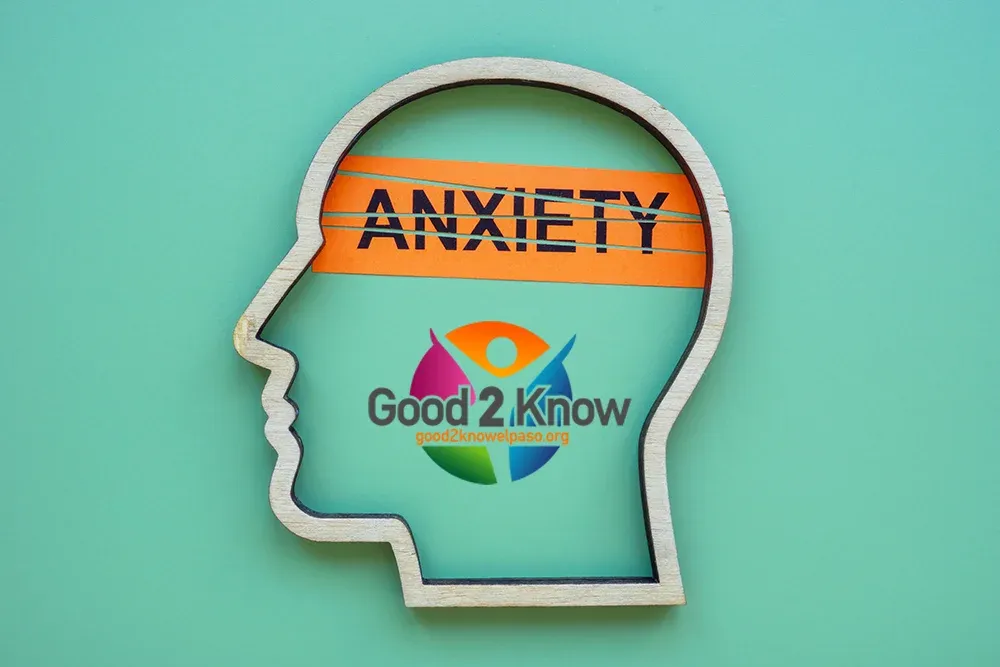Scientists have been exploring the impact of our environment on our health for decades. In her book Healing Spaces: The Science of Place and Well Being, researcher Esther Sternberg cites studies done by environmental psychologist Roger Ulrich. In his most well-known study, Ulrich compared how quickly patients healed after gallbladder surgery. He found that the patients who were put in a room with a view of a grove of trees consistently healed faster than those whose windows looked out on a brick wall.
Along with a view of nature, light plays an important role in physical and mental health. Light directly affects our circadian rhythms—the biological clock that tells us when it’s time to sleep—and sleep habits are closely linked to mood. Insufficient levels of natural and/or artificial light in your room can catalyze stress and anxiety. Neuroscientists at the University of Pennsylvania found that rats who were kept in the dark for six weeks exhibited depressive behavior. In addition, the researchers observed damage in the areas of the rats’ brains that produced norepinephrine, dopamine and serotonin, the neurotransmitters involved in emotion. These are the same areas of the brain that are under-active in people with depression. In addition, light that’s too bright at night disrupts sleep and therefore mood.
Furthermore, how messy and disorganized our space is directly influences our mental health. In a study of women’s cortisol levels compared to their husbands’, the wives with cluttered homes had higher stress and a more depressed mood. Along with lowering well-being, clutter has also been linked to reduced executive functioning, as well as procrastination, reduced productivity, and emotional exhaustion.
Source: https://www.newportinstitute.com/resources/mental-...











